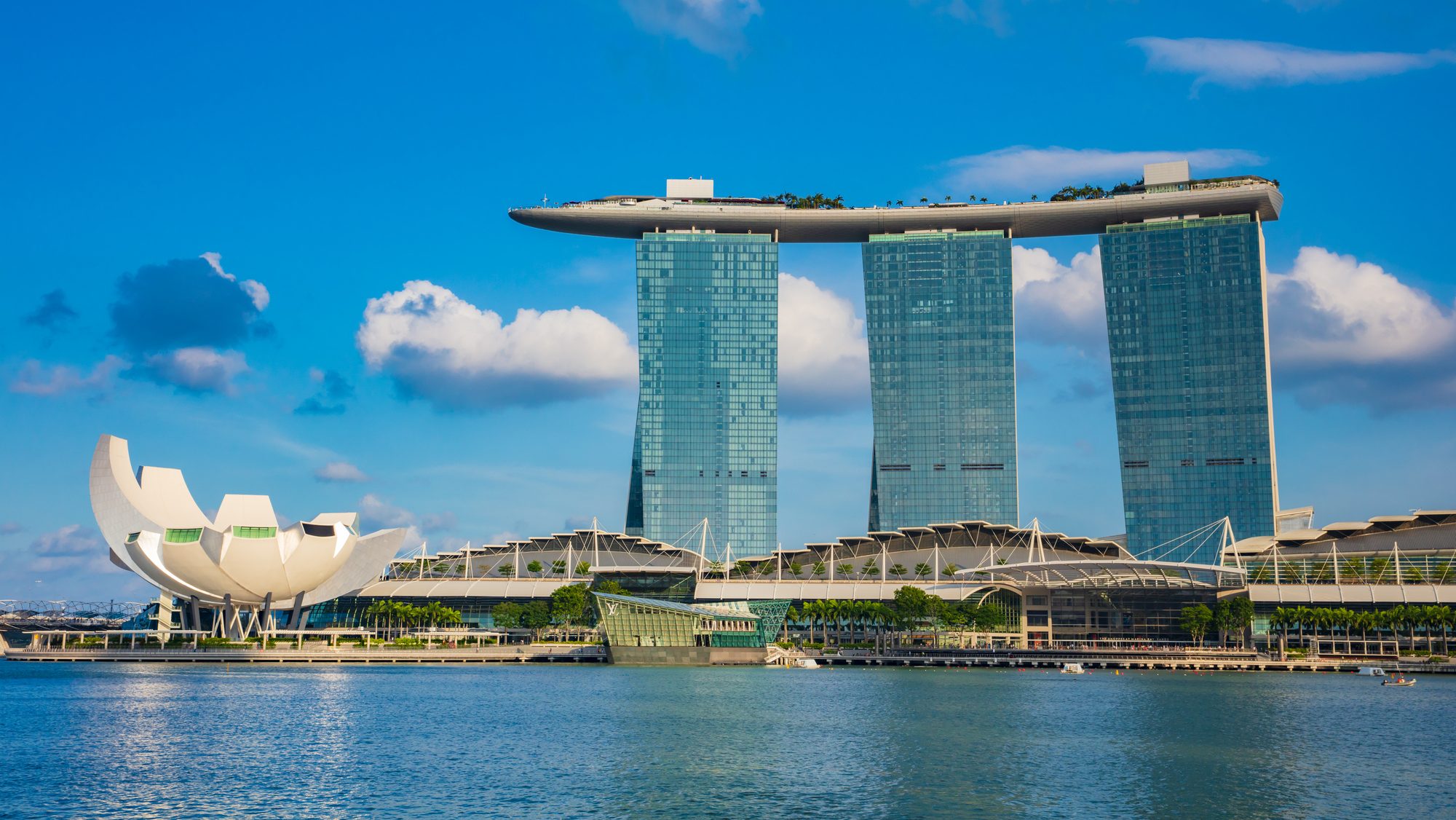SINGAPORE: Marina Bay Sands (MBS) reported its best performance since opening in 2010, with a record US$2 billion (S$2.7 billion) in earnings before interest, taxes, depreciation, and amortisation (EBITDA) in 2024. MBS chief operating officer Paul Town attributed the result to the company’s post-pandemic strategy aimed at luxury consumers who seek experience-driven stays and are mindful of their environmental footprint in an interview with The Straits Times on April 3.
This came as international tourism picked up sharply. Figures from the Singapore Tourism Board showed a 21% jump in visitor numbers last year, reaching 16.5 million, with most travellers coming from China, Indonesia, and India.
In February, an analysis from the World Travel & Tourism Council (WTTC) revealed that Singapore is expected to welcome 16 million tourists in 2025, outpacing other countries in the region, with tourism projected to contribute nearly S$80 billion to the economy by 2030.
The resort reduced its hotel room count from 2,561 to 1,850, which allowed MBS to introduce more high-end suites and nearly triple its butler team from 60 to 160 to meet growing luxury expectations. By May 2025, it will have 776 suites—up from 205 before the pandemic. Despite some rooms being unavailable due to ongoing refurbishment, the property recorded a 95% occupancy rate last year.
Mr Town said the resort saw strong growth in both gaming and non-gaming areas in 2024. Guests stayed longer; a wider mix of dining, entertainment, and leisure options lifted demand. He said the resort had raised standards not only in core areas like rooms, restaurants, and gaming but also in experiences, including theatre shows and off-site activities such as golf and yacht programmes.
Jesper Palmqvist, Asia-Pacific regional vice president at hotel industry research firm STR, noted that the luxury segment’s growth in the Marina Bay area has been led by MBS, which benefits from upgrades catering to higher-end demand. He added that hotels in the Marina Bay area remain Singapore’s fastest-growing submarket.
The resort now has an average daily room rate of S$950. Entry-level suites start at S$1,300 a night, while the presidential suite can go for as much as S$35,000. During special events, such as Taylor Swift’s concerts in Singapore, packages reached as high as S$50,000 for a three-night stay at the Paiza Signature Suite.
Its most exclusive suites, located on the top floors of Towers 1 and 2, span over 6,000 sq ft and are reserved for VIPs. These include private VIP check-ins, dedicated lifts, butler service, and access to the Paiza Sky Residence.
Mr Town said the upgrades were not just about the physical changes but also about rethinking what today’s luxury travellers want. He noted that modern high-end guests seek more meaningful, personalised stays. He pointed out that wellness and sustainability are becoming key priorities, with guests now appreciating features like smart in-room systems that help reduce energy.
MBS is now drawing more travellers from the region, with a strong recovery in visitor numbers from Indonesia, Malaysia, Thailand, Taiwan, and India, said Mr Town. He also noted that while the Chinese market remains important, Southeast Asia has become a major growth driver for the resort’s luxury segment.
Mr Palmqvist added that the ultra-luxury segment has always shown resilience, even during economic downturns, and “Singapore is no exception,” as it already attracts high-end travellers regularly—a sentiment shared by Mr Town, who said that the resort’s growth trajectory is not a short-term rebound but a sustainable one.
Still, economic risks remain. OCBC Bank chief economist Selena Ling cautioned that future growth in the luxury tourism segment could face pressure if global trade tensions worsen. She warned that a slowdown in business confidence could affect wages and bonuses, which may lead consumers to cut back on travel spending.
OCBC Bank chief economist Selena Ling, who is also the head of treasury research and strategy, cautioned that ongoing trade tensions, including new US tariffs, could weigh on consumer spending if businesses turn cautious and cut back on investments, hiring, or wage growth. However, she said Singapore remains well-placed for long-term tourism growth with more attractions, capacity and connections being developed. /TISG
Read also: MBS expansion expected to cost about S$6.1B more than the 2019 estimate
Featured image by Depositphotos

